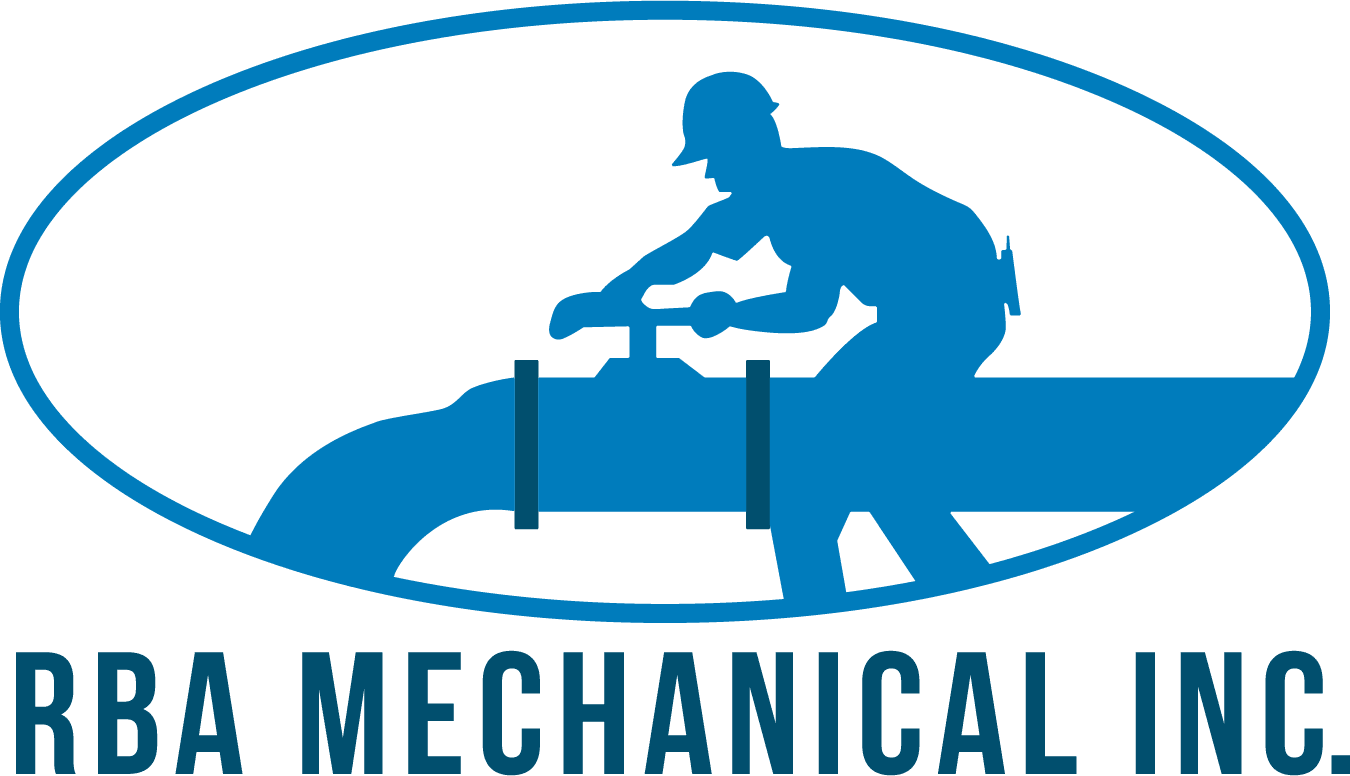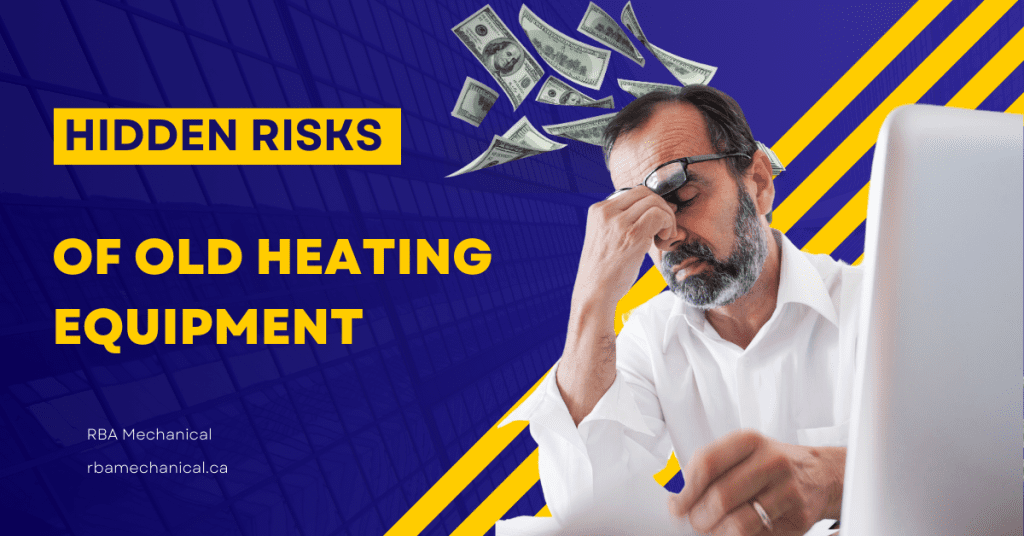Introduction to outdated heating equipment
When winter blankets the world in a chill, most of us rely on our heating equipment to keep our homes warm and cozy. But what happens when that trusty furnace or boiler has seen better days? While it may still be functional, outdated heating equipment can pose significant risks that aren’t always visible at first glance. Staying comfortable shouldn’t come at the expense of safety or efficiency. Let’s delve into why clinging to old systems might not be as wise as you think and how making informed choices can transform your home environment for the better.
The potential dangers of using outdated heating equipment
Using outdated heating equipment can pose significant dangers to your home and health. Aging systems are prone to malfunctions, which can lead to inadequate heating during the coldest months. This not only makes for an uncomfortable living environment but also increases the risk of frozen pipes.
Moreover, older units may emit dangerous gases such as carbon monoxide. These silent killers can seep into your home without any warning signs. Regular monitoring is crucial, especially if your equipment lacks modern safety features.
Fire hazards are another concern with aging heaters. Worn-out components or accumulated dust can ignite and cause devastating fires.
It’s essential to recognize that these risks grow with time; neglecting updates could have serious consequences for you and your family’s safety.
Impact on energy efficiency and utility bills
Old heating equipment often struggles to maintain optimal performance. As technology advances, newer systems are designed for maximum efficiency. If you’re relying on outdated units, you might be wasting energy.
Inefficient heaters work harder to reach desired temperatures. This extra effort translates into higher utility bills each month. Homeowners can find themselves shocked by the numbers when the bill arrives.
Additionally, older models may lack features that improve energy management. Programmable thermostats and zoning capabilities help new systems operate more intelligently. Without these advancements, your home could be losing heat unnecessarily.
Consider how an upgrade could cut costs over time while enhancing comfort levels in your space. Investing in modern heating equipment not only benefits your wallet but also contributes positively to the environment, reducing carbon footprints and conserving resources.
Signs that it’s time to replace your heating equipment
Hearing strange noises from your heating system? It might be more than just a minor annoyance. Unusual sounds can indicate that components are failing or working harder than they should.
Are you experiencing inconsistent temperatures throughout your home? Cold spots could signify that your heating equipment is struggling to distribute warmth efficiently.
If you’re cranking up the thermostat yet still feeling chilly, it’s time for a closer look at your system’s capabilities. A sudden spike in utility bills may also point to inefficiencies in older models.
Frequent repairs can be a red flag as well. If you’re calling for service regularly, consider if investing in new equipment would ultimately save you money and hassle.
Take note of the age of your unit. Typically, systems over 15 years old will likely need replacement soon to ensure both safety and efficiency in home heating.
Benefits of upgrading to newer, more efficient systems
Upgrading to newer heating equipment can significantly improve your home’s comfort. Modern systems are designed with advanced technology that allows for precise temperature control, ensuring consistent warmth throughout your space.
Another key advantage is energy efficiency. Newer models often consume less energy, which translates into lower utility bills. This not only helps your wallet but also reduces your carbon footprint.
Additionally, many of these modern systems come with smart features. You can manage settings from your smartphone or set schedules that adjust temperatures based on when you’re home or away.
Reliability is another perk; new units typically require fewer repairs and offer longer lifespans than outdated ones. With warranties often included, you gain peace of mind knowing you’re covered in case of unexpected issues.
Conclusion: prioritizing safety and efficiency in home heating
Keeping your home warm and comfortable is a priority, but safety and efficiency should always come first when it comes to heating equipment. Outdated systems can pose significant risks, from carbon monoxide leaks to fire hazards. They also tend to consume more energy, leading to higher utility bills.
Newer models are designed with advanced technology that improves safety and enhances energy efficiency. They not only lower monthly costs but also reduce the environmental footprint of your household.
Being proactive about replacing old heating equipment will benefit both you and the planet. Make informed decisions about your home’s comfort—prioritize safety by investing in reliable, efficient heating solutions today. Your family deserves a warm space without compromising on health or finances.
Request Service or Get a Free Quote
Use the links below to browse more tips and advice or use the back button on your browser to return to the previous page.

